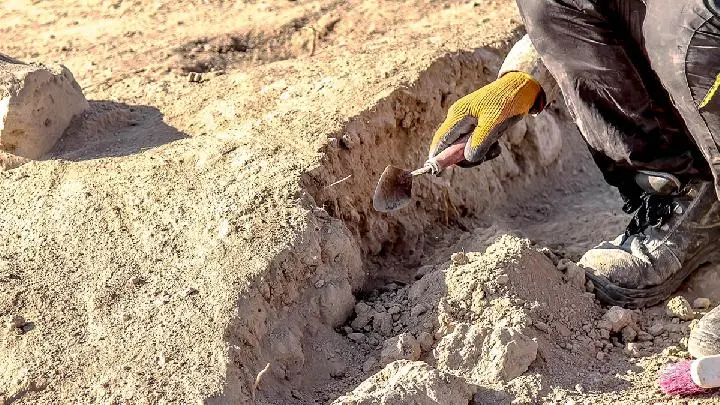
TEMPO.CO, Jakarta - Archaeologists in Poland have unearthed an ancient artifact that sheds light on medical practices in the 4th to 3rd centuries B.C. The excavators uncovered a rare iron tool believed to have been used by the Celtic tribe to perform cranial surgery 2,300 years ago.
The artifact was found at the Celtic site of ysa Góra in the Mazovia region of Poland. This discovery also serves as evidence that the Celtic people in that area possessed medical knowledge or specific rituals.
Bartomiej Kaczyski, the archaeologist leading the excavation of this historical item, stated that the Celtic people were proven to have practiced trepanation, an ancient surgical procedure. He speculated that the surgery was not only for medical purposes, but also for magical ones. "The technique and precision of the iron object's manufacture indicate Celtic metallurgy," Kaczyski said in his official email to Live Science on November 11, 2025.
The recently discovered Celtic medical tool is known to be a surgical knife or a tool used for drilling into skulls. The tool has a pointed blade and may have initially been mounted on a wooden handle.
Kaczyski, an archaeologist at the National Museum of Archaeology in Warsaw, stated that this discovery is highly rare. Until now, archaeologists have only found a few similar surgical tools in other Celtic sites. The surgical tool was discovered in the spring, coinciding with other significant artifact findings at the same location, including a rare bronze helmet.
The discovery of the helmet suggests that the ysa Góra site may have been a settlement of the Celtic elite. Bronze helmets are usually owned by important figures or tribal leaders.
In this excavation, Polish archaeologists believe that the surgical tool belonged to someone of high social status. The owner may have played an important role, both militarily and religiously. This rare discovery could provide crucial data for understanding Celtic civilization in Central Europe, particularly in terms of advanced technical and medical capabilities.
